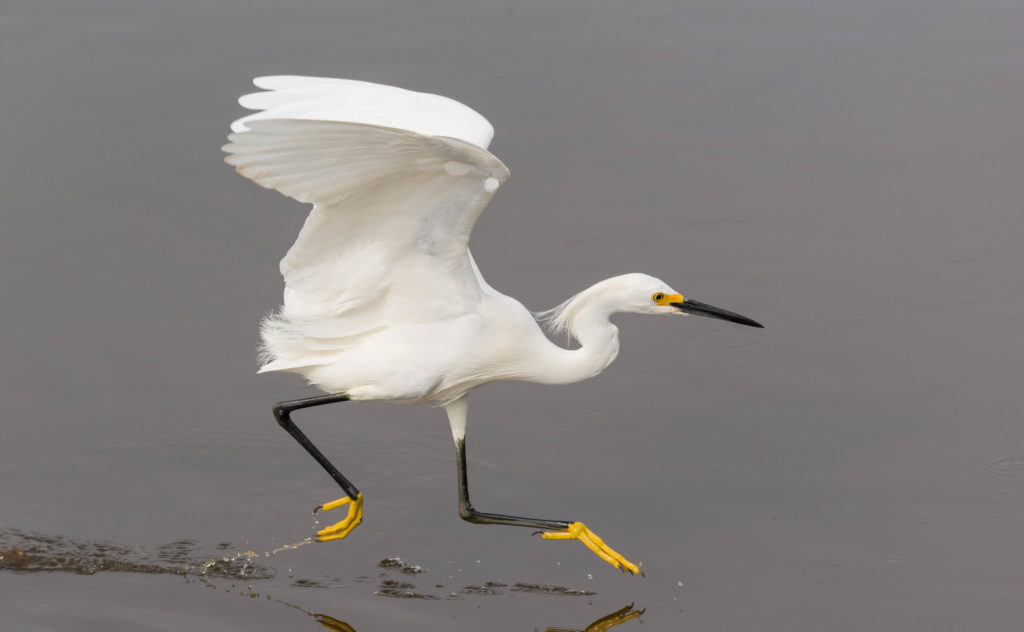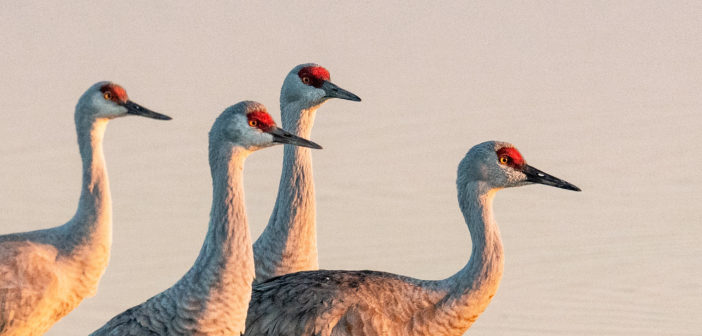On January 7th, the US Fish and Wildlife Service (USFWS) published a new regulation that weakens the Migratory Bird Treaty Act (MBTA) by no longer penalizing individuals and corporations for the “incidental” killing of birds protected under the law. This codifies a 2017 policy reversing the agency’s decades-long interpretation that the MBTA prohibits the incidental killing of migratory birds. This regulation was published despite a federal district court ruling in August that the 2017 policy was an unlawful interpretation of the MBTA.
The new regulation is primarily designed to benefit the oil and gas industry and electric utilities by shielding companies from liability for the millions of birds their operations kill each year, thus allowing them to forego efforts to reduce the number of deaths. Birds die from colliding with buildings and infrastructure, being electrocuted by power lines, and being poisoned by oil spills and chemical holding ponds, among other hazards. The Trump administration’s drastic reinterpretation of the MBTA is an overt attempt to spare these industries from taking reasonable precautions to avoid killing birds.

“The prohibition on incidental take is a critical aspect of the MBTA, and has been enforced for decades to address birds deaths from routine industry operations, as well as major environmental disasters such as the Deepwater Horizon and Exxon Valdez oil spills,” said Johanna Hamburger, director and senior staff attorney for the terrestrial wildlife program at the Animal Welfare Institute (AWI). “This new regulation removes the incentive for companies to adopt commonsense strategies to reduce threats that their operations pose to birds.”
This loss of protections comes at an already perilous time for birds. A 2019 study found that there are 3 billion fewer birds in North America today compared to 1970, largely due to habitat loss, climate change, pesticides, and other factors. Birds play an important role in ecosystems, and scientists cite an urgent need to address threats to birds to prevent population collapse and the associated loss of ecosystem integrity, function, and services.
Animal Welfare Institute (AWI) has consistently opposed the USFWS’s moves to weaken the MBTA. In 2018, the organization sent a letter to Interior Secretary Ryan Zinke outlining concerns with the USFWS’s 2017 policy that became the basis for this new regulation. AWI also joined with the Southern Environmental Law Center and dozens of other organizations in submitting comments that identified deficiencies in the USFWS’s review of the regulations pursuant to the National Environmental Policy Act. AWI will continue to do all it can to protect migratory birds from this unlawful policy change.
Featured image: sandhill cranes are one of many bird species protected by the MBTA. Image credit Rich Miller, CC BY-SA 2.0.





